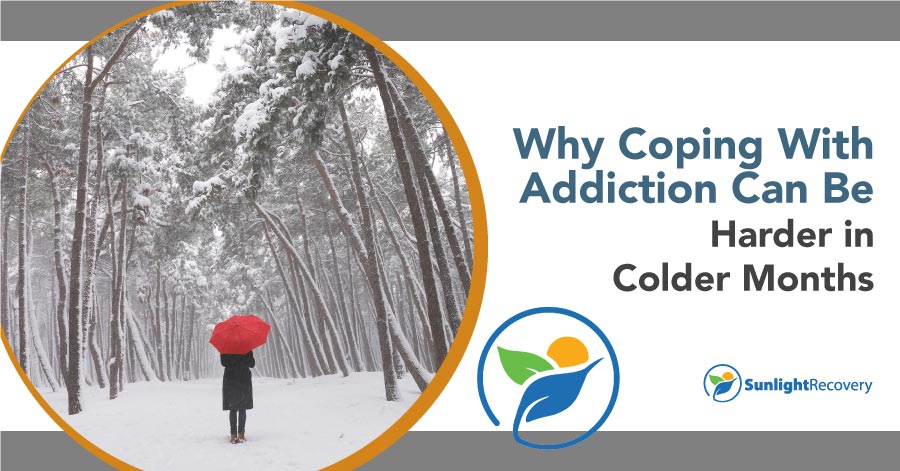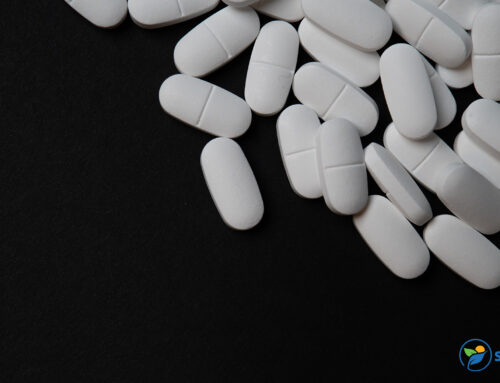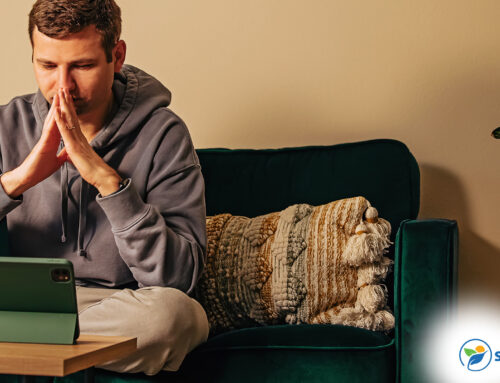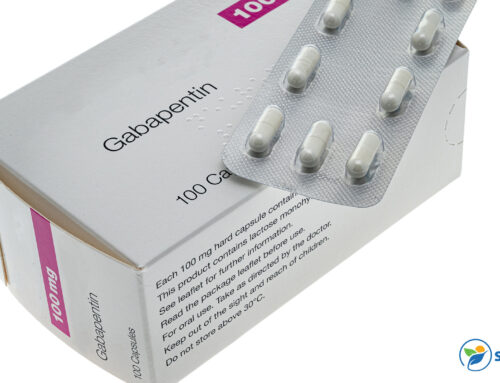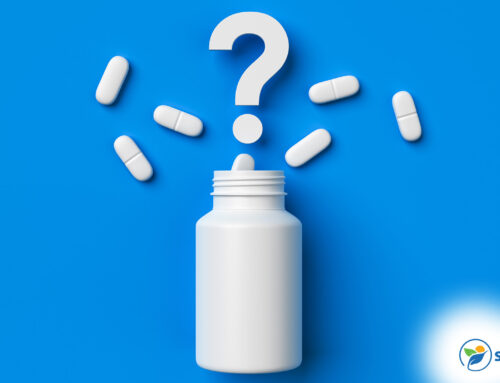Recovering from addiction is a lifelong process — it’s a choice you make every day. For many people, coping with cravings feels harder when the temperature drops. If that sounds familiar, you’re not alone; winter blues and addiction relapse go hand in hand.
Why Are Addiction and Relapse Worse in the Winter?
When the weather is cold and the days are short, the rate of relapse increases. In one study, researchers at Brown University examined the effect of cold weather on fatal opioid overdoses. When the temperature was freezing, overdoses rose by 25% compared to 52-degree days.
Why is it harder to cope with drug, alcohol and opiate addiction in winter months? For some people, the cold weather brings on a bout of seasonal affective disorder, which is also called seasonal depression or the winter blues. No matter what you call it, this condition causes symptoms including:
- Depression
- Feelings of sadness or hopelessness
- Increased anxiety
- Fatigue and sluggishness
- Excess sleep
- Suicidal ideation
- Weight gain
When you experience these symptoms as a recovering addict, you may be tempted to return to old patterns and cope by using drugs and alcohol. It’s particularly challenging in the beginning stages of recovery when you’re still building new coping mechanisms.
For some people, the intense sadness and depression are too much to bear. To alleviate the negative feelings, they start using again, which triggers a relapse.
Seasonal depression isn’t always the cause of a cold-weather relapse — widely accepted traditions can also cause problems. Drinking around the holidays increases dramatically. You’ll find it at office celebrations, festive dinners, casual gatherings and holiday parties. If you’re in recovery, the sudden shift can ramp up temptation and cause intense cravings. This is particularly true if you feel you’re missing out on the fun by not participating.
Other factors that can increase alcohol and drug use in winter months include the lack of outdoor activities, cold-induced physical pain or increased stress due to obligatory social gatherings and challenging winter driving.
Protecting Yourself From the Risk of Winter Blues Addiction Triggers
Are you worried about winter’s effect on your recovery? Try taking actions that insulate you against the risk of relapse.
Start Going to Therapy
If you don’t have a regular therapist, now’s a great time to find one. Look for someone who’s trained and experienced in addiction recovery. They can help you tailor your relapse-prevention plan to the changing seasons. With this support system in place, you can enter the winter with greater confidence and peace of mind.
Practice Coping Strategies
If you struggle with addiction in the winter, solid coping strategies are a must. Start practicing them earlier in the year, even if you’re feeling stable. By the time the cold weather rolls around, you’ll be more established and confident in your healthy routines.
Some options include:
- Stay busy with a new hobby you’ve always wanted to try
- Start a workout routine or training regimen
- Join a community group that doesn’t involve alcohol, such as a community theater or quilting club
- Get into the habit of meditating or practicing yoga to quiet your mind
Get Active Outdoors
Being trapped indoors all winter can take a toll on your mental health and recovery. Instead, find ways to enjoy the cold weather. If you live in a snowy area, try snowshoeing, cross-country skiing or snowboarding. If you miss your outdoor summer workouts, invest in a quality jacket and continue exercising in the cold.
Outdoor activities can go a long way toward staving off cravings. Getting active releases endorphins, which help prevent anxiety and depression. Plus, you’ll always have something to look forward to — and since most winter activities don’t involve drinking or drug use, they’re a temptation-free way to hang out with friends.
Practice Self-Care
You’re best able to avoid a relapse when you’re feeling healthy, both mentally and physically. Before the onset of winter, make sure you’re taking care of yourself. Prepare nutritious foods and keep up with doctor-recommended medications. Sleep is critical; aim for 7–8 hours per night to keep your body functioning at peak levels.
It’s also important to avoid overextending yourself, particularly when it comes to work and social obligations. Be proactive about relieving stress. Say no to invitations that stretch you too thin, and consider inviting friends to hang out at your house instead of in anxiety-inducing group situations.
Establish a Sober Social Network
Other people in recovery understand exactly how hard the winter months can be. To make it easier to deal with holiday celebrations and cold-weather cravings, make a few sober friends. They’re the people you can call when you need social interaction without the presence of drugs and alcohol. You can also commiserate and support each other through challenging periods.
Making sober friends is also a great way to stay cheerful and connected throughout a gray winter. Together, you can discover new places in your city, try new activities and celebrate the holidays. To find other sober people, start attending 12-step meetings, or join online or in-person sober meetup groups in your area.
What to Do When You Need Professional Help
The connection between winter blues and addiction can be hard to spot at first. The urge to use often begins as a fleeting thought; you might not notice it until you’re dealing with a full-blown craving.
If you feel yourself sliding closer to a relapse, it’s important to seek support as soon as possible. Find a 12-step meeting, call your sponsor or reach out to a trusted friend or family member. If you have a therapist, schedule a session.
Our team at Sun Health Center is also available to help you through the winter months. If you’re struggling with addiction recovery, call us at (877) 258-1697. We offer both in-person counseling and virtual TeleTherapy services, so you can get the help you need from anywhere in the world.


